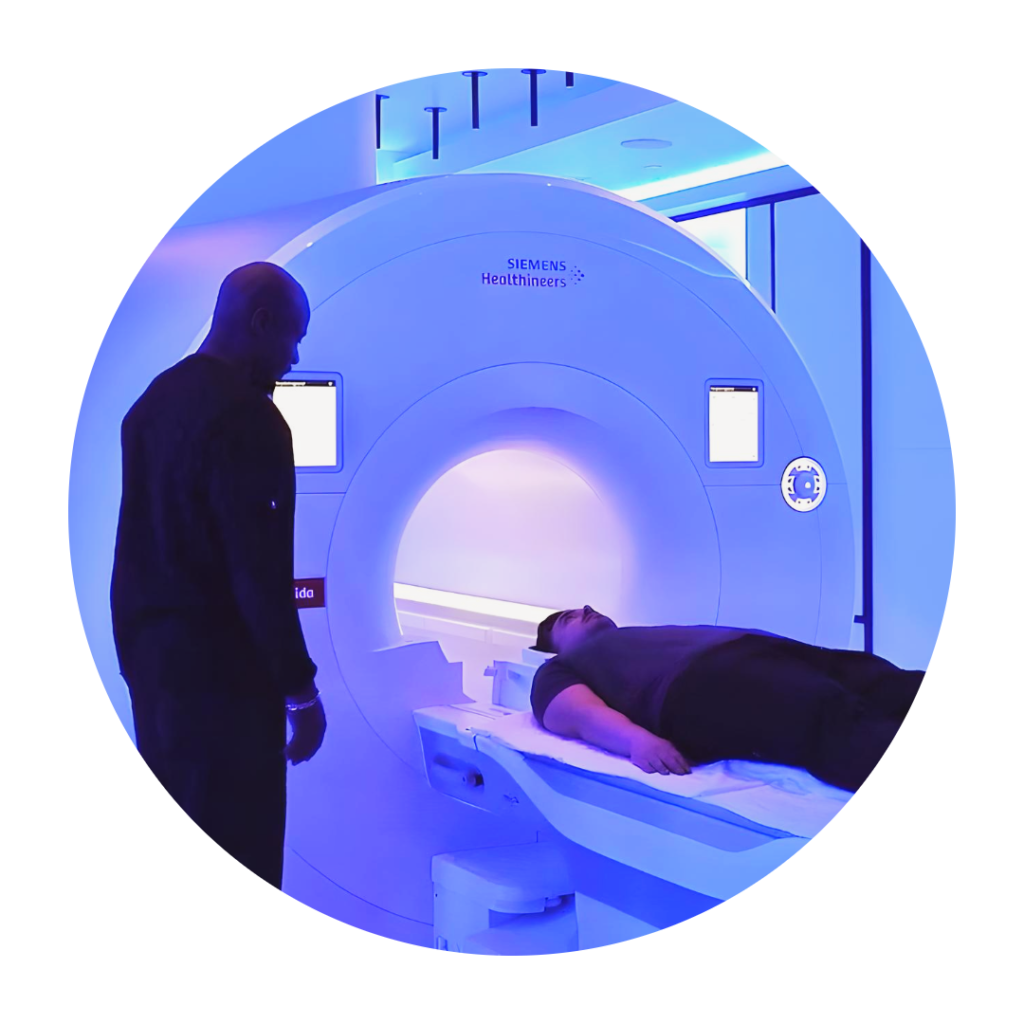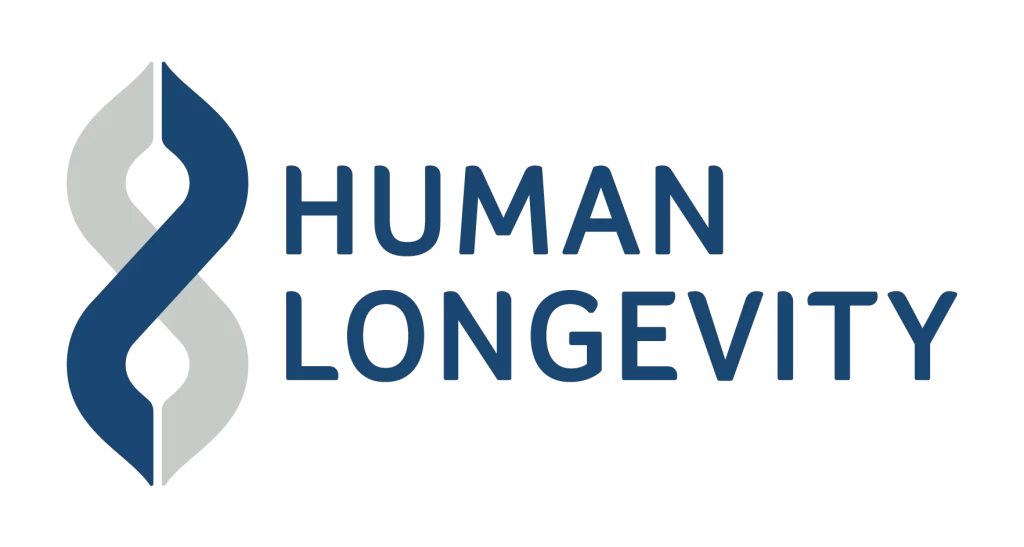Detect Early, Live Healthy.
Human Longevity’s Whole Body MRI is the premier early detection tool for a healthier, longer life.
Identify risks like early-stage tumors brain aneurysms pancreatic cancer prostate cancer ovarian cancer aortic aneurysms fatty liver .
Whole Body MRI detects critical health conditions in their earliest, most treatable stages.
Precision Imaging, Personalized Care
High-Resolution 3T MRI Technology
Exceptionally detailed imaging enables early detection of subtle changes in organs, such as early-stage tumors and aneurysms.
Reviewed by Expert Radiologists
Your scans are then reviewed by board-certified radiologists with extensive training in interpreting whole body imaging.
Delivered by Longevity Clinicians
Our longevity clinicians interpret your results and offer guidance to your health.
Your Comfort is Our Priority

Luxurious Client Rooms
Relax or catch up on some emails in our luxury suites with dedicated work space and private bathrooms.

Your Scan, Your Way
Transform your MRI into a personalized experience. Adjust the lighting and scent to your preference, enjoy calming videos, or you can also listen to your favorite music.
Here for you, all the way.
Discover something from your scan? We won’t leave you hanging.
Access our extensive referral network of over 10k top specialists nationwide, including those from Mass General Brigham Hospital.

$3,900
What's included in Whole Body MRI?
- 3T MRI Technology
- NeuroQuant Volumetric Brain Analysis
- Enhanced Prostate Cancer Screening
- Imaging for Female Reproductive Organs
- 10+ Years of AI-Optimized MRI Protocols
- Heart and Vascular Imaging
- Liver and Abdominal Screening
- Access to world-class experts and longevity clinicians
Whole Body MRI is FSA/HSA eligible.
We’re here to answer
all your questions.
More questions?
Email us at clientservices@humanlongevity.com
or call us at +1 844-838-3322
What are the benefits of whole body MRI?
Whole-body MRI provides comprehensive imaging of organs, tissues, and blood vessels without radiation or contrast agents. It helps detect early signs of diseases, including cancer, cardiovascular issues, and metabolic disorders, allowing for preventive care and early intervention. This type of scan can identify abnormalities that might not present symptoms yet, aiding in the early detection of conditions like pancreatic cancer or liver disease. It’s a non-invasive, safe way to monitor overall health and track changes over time.
Is this covered by insurance?
Whole-body MRI scans are considered a self-pay service and are typically not covered by insurance. This is because they go beyond standard diagnostic protocols and focus on proactive, preventative care to detect potential health risks before symptoms arise.
What is a 3T MRI, and how does it enhance the quality of my scan?
Is Whole Body MRI safe?
Yes, whole-body MRI is safe. It uses strong magnetic fields and radio waves to produce detailed images without ionizing radiation, unlike CT or PET scans. This makes it a safer option for repeated scans, as there’s no risk of radiation exposure or DNA damage. Additionally, whole-body MRI does not require contrast agents, further reducing risks, especially for individuals with kidney problems. The procedure is non-invasive and generally well-tolerated, making it a safe and effective way to detect early signs of disease and monitor overall health.
How long does the Whole Body MRI procedure take?
A whole-body MRI typically takes 60 minutes.
Is there any special preparation for the Whole Body MRI?
What if I’m claustrophobic? Are there options for me?
Please inform your clinician if you’re claustrophobic; if clinically indicated, you may be prescribed an anti-anxiety medication for the duration of your scan.
Can I have an MRI if I have metal implants or devices?
It depends on the type and material of the implant. Some metal implants, cochlear implants, or older joint replacements, may not be MRI-safe due to the strong magnetic field. However, many modern implants are made of MRI-compatible materials. It’s crucial to inform your doctor and the MRI technician about any implants or devices you have so they can determine if it’s safe or adjust the MRI settings accordingly. Pacemakers are currently a contraindication for a whole body MRI scan.
What happens if I need further testing or follow-up after the MRI?
A personalized plan will be developed and discussed during your follow-up consultation with the nurse practitioner.
Easily upgrade to our 100+ Membership to receive end-to-end personalized healthcare and guidance from our team of dedicated clinicians.
We offer whole genome sequencing and a plethora of advanced diagnostics and services including CT, DEXA, and more as part of our 100+ Membership.

